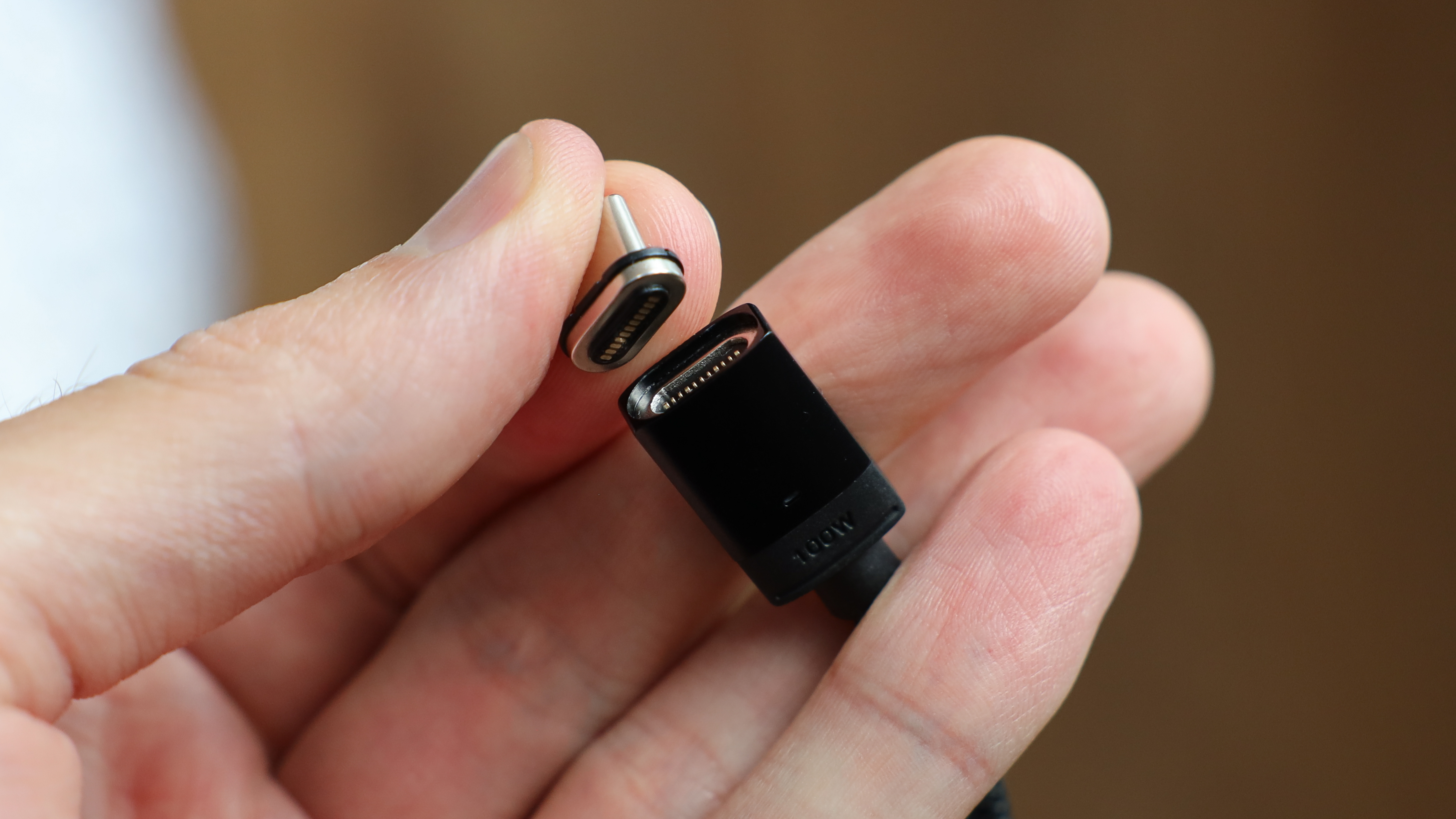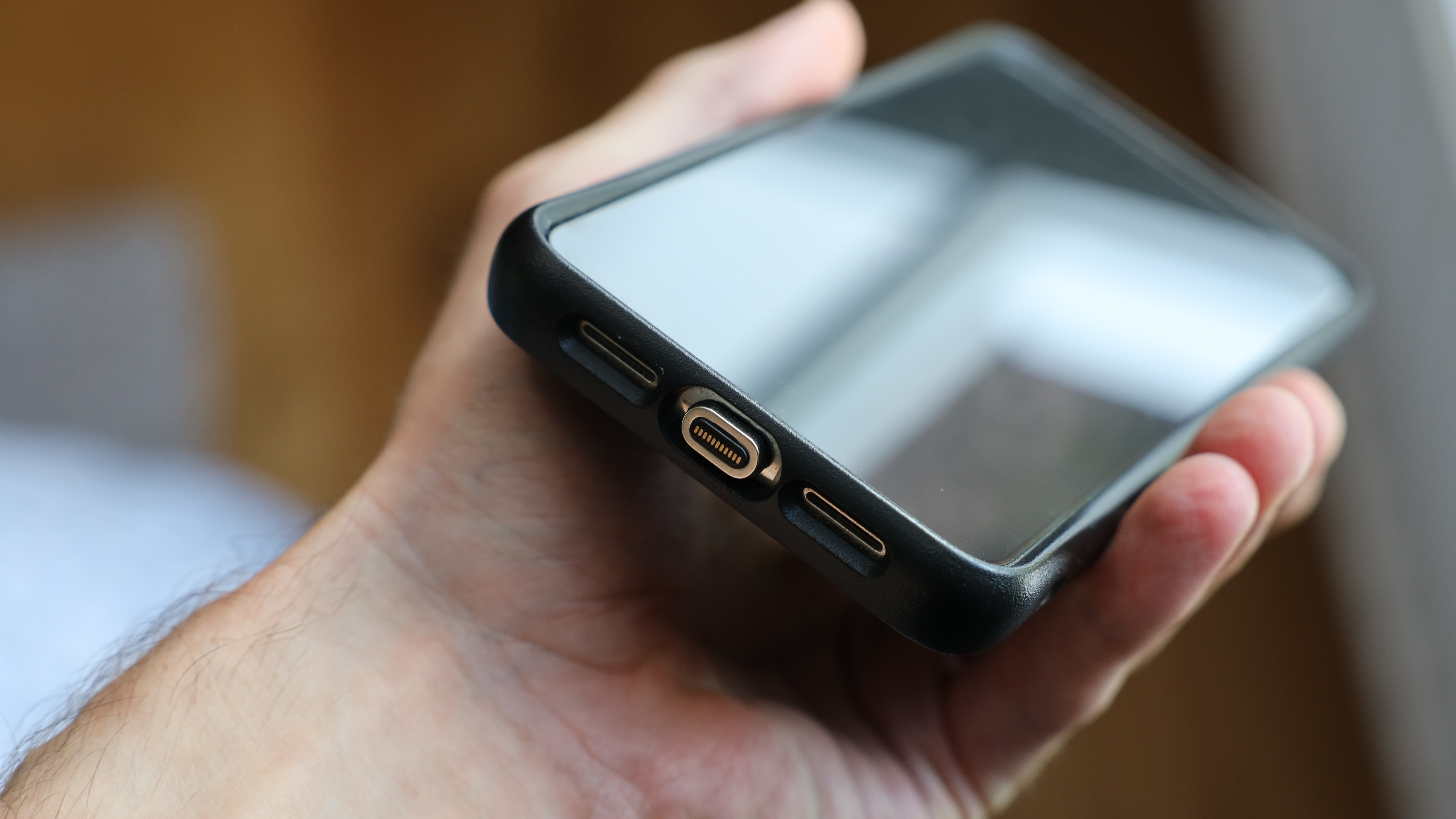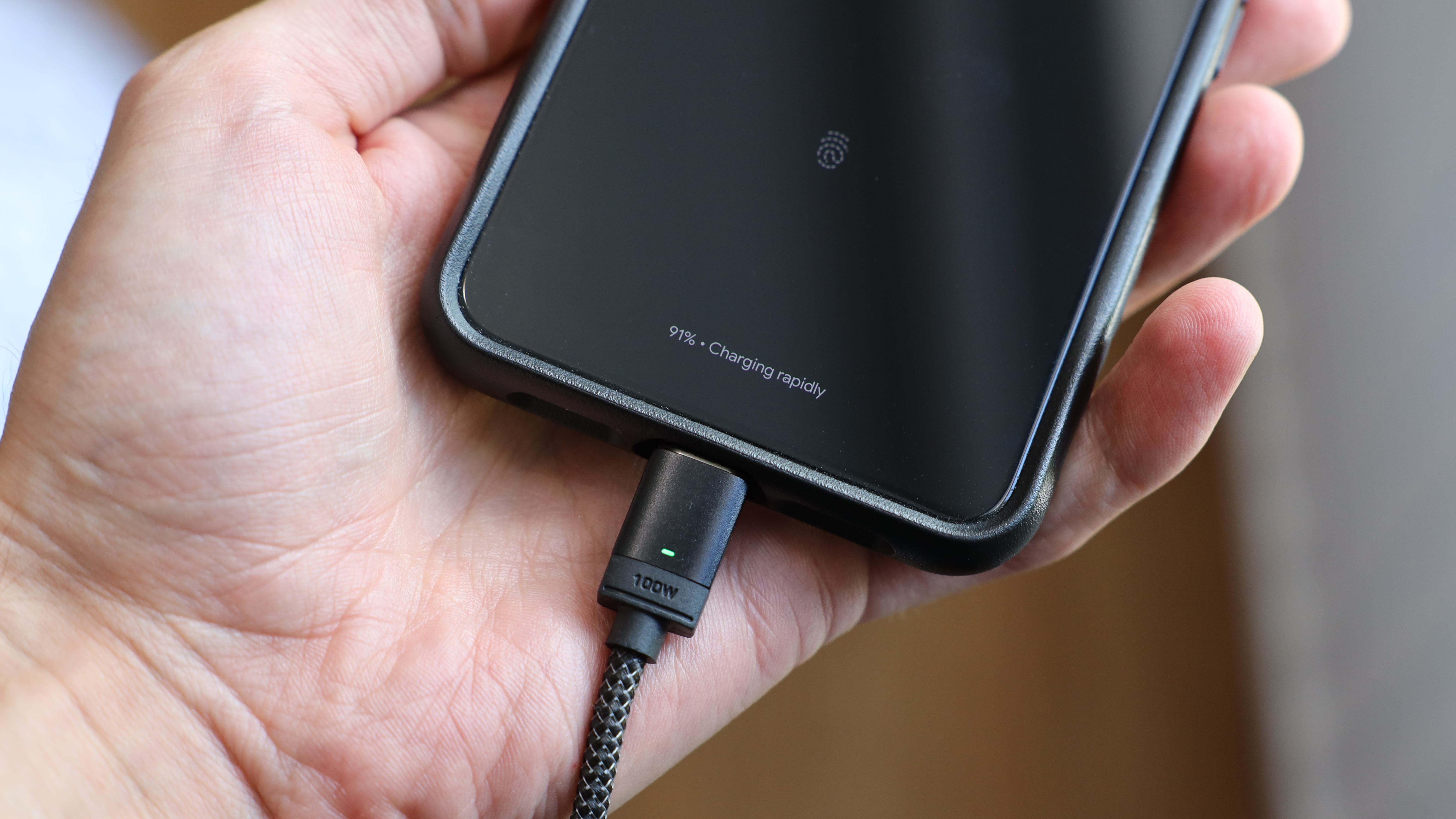Forget wireless charging, I am convinced magnetic cables are the future
After trying my first magnetic charging cable, I am left wondering why this has never taken off

Magnetic charging cables never really took off. Apple’s MagSafe charging for MacBooks had been around for years before Apple decided to pursue a USB-C-only design. However that didn’t last long, and the beloved charger made its way back into Apple’s laptops with the latest redesign. Where Apple goes – usually everyone else follows, yet despite this, few companies have really tried to push magnetic cables.
I recently was sent a Connect Pro magnetic cable from Chargeasap, which is currently running a very successful Kickstarter campaign. Capable of 100W fast-changing, and with three magnetic adapters for USB-C, Lightning, and Micro-USB, I can pretty much charge every device I own from one cable. And after using it for the last few weeks, I am convinced that this is the future of charging.
The elephant in the room is of course – wireless charging, but the idea that wireless charging is going to make wired charging obsolete is still many years off, with wireless charging being slow and inefficient versus using a cable. Wireless charging is also cumbersome, as the chargers are large – and increasingly vertical for MagSafe-equipped iPhones. Without a magnetic array, this isn't useful for our myriad of smaller devices, and it is still an additional effort to make sure these devices are lined up with the coil.
Slotting the USB-C adapter from Chargeasap Connect Pro into my phone, it is now so simple to snap the cable on and off and get the maximum wattage my phone is capable of charging at, it breaks away if pulled too hard, so minimizes the risk of yanking my phone out of my hand, and unlike wireless charging, I can walk around and comfortably still use my device. It might sound like a minor convenience, but it's a quality-of-life improvement that I now wish was in my other devices.
So could magnetic connection mean we can banish ports altogether? Ports are fundamentally flawed, they are an ingress for dust and moisture, and often need extensive waterproofing – shavers and bathroom devices mostly still have their own proprietary charging port. The depth of ports also means they are hard to incorporate on devices like watches or smart rings, with those devices already having their own magnetic pucks.
The issue for this reaching the mainstream however would be standardization. Apple’s MagSafe is proprietary, which means it is different from say, Microsoft's Surface Laptop (which is the only other magnetic-cabled device I can think of), and each company's cables cannot charge the other device. For magnetic cables to achieve widespread popularity, everyone needs to agree on a universal design to ensure maximum compatibility.
But with USB-C (with a little help from the EU), only just reaching de-facto charger status, and with all the wrangling that took, I don’t think we are going to see another huge revolution just yet. However, I am convinced we are headed for a simpler and more magnetic future one day. For now, I’ll just have to invest in a few more magnetic USB-C adapters.
The best camera deals, reviews, product advice, and unmissable photography news, direct to your inbox!
For more charging solutions check out our guide to the best iPhone charger, the best GAN charger or the best iPhone charger cable.

Gareth is a photographer based in London, working as a freelance photographer and videographer for the past several years, having the privilege to shoot for some household names. With work focusing on fashion, portrait and lifestyle content creation, he has developed a range of skills covering everything from editorial shoots to social media videos. Outside of work, he has a personal passion for travel and nature photography, with a devotion to sustainability and environmental causes.


